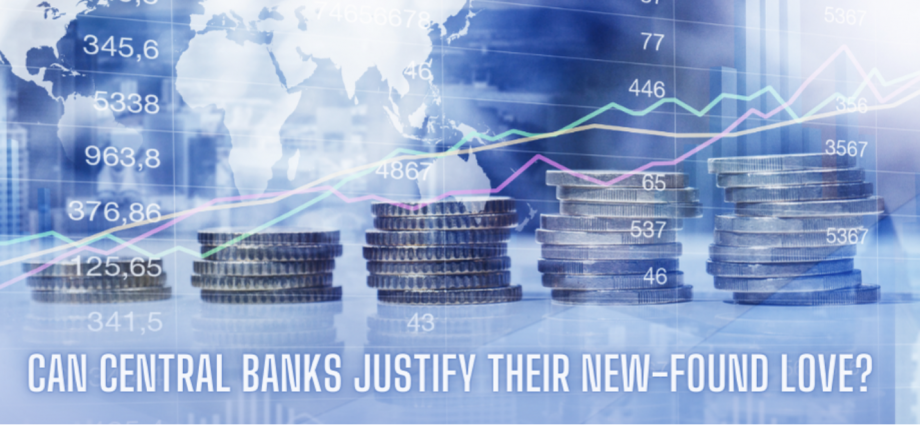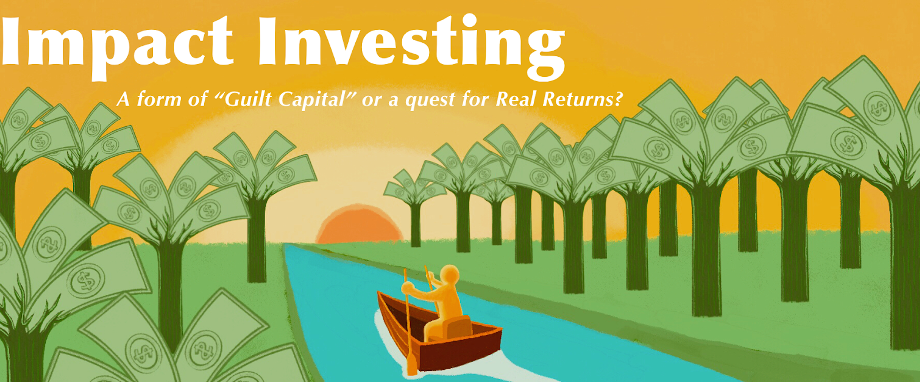The Weekly BluRB — Sept. 24th, 2025
Markets rallied after the Fed’s first rate cut of 2025, but fears of recession linger as yield curve signals danger. Trump’s $100,000 H-1B visa fee sparked global panic, Indian tech stocks slid, and a looming U.S. government shutdown threatens to shake confidence even further. Meanwhile, Boeing’s new F-47 fighter and defense tech expansion highlight shifting military priorities as global tensions intensify.Continue Reading




